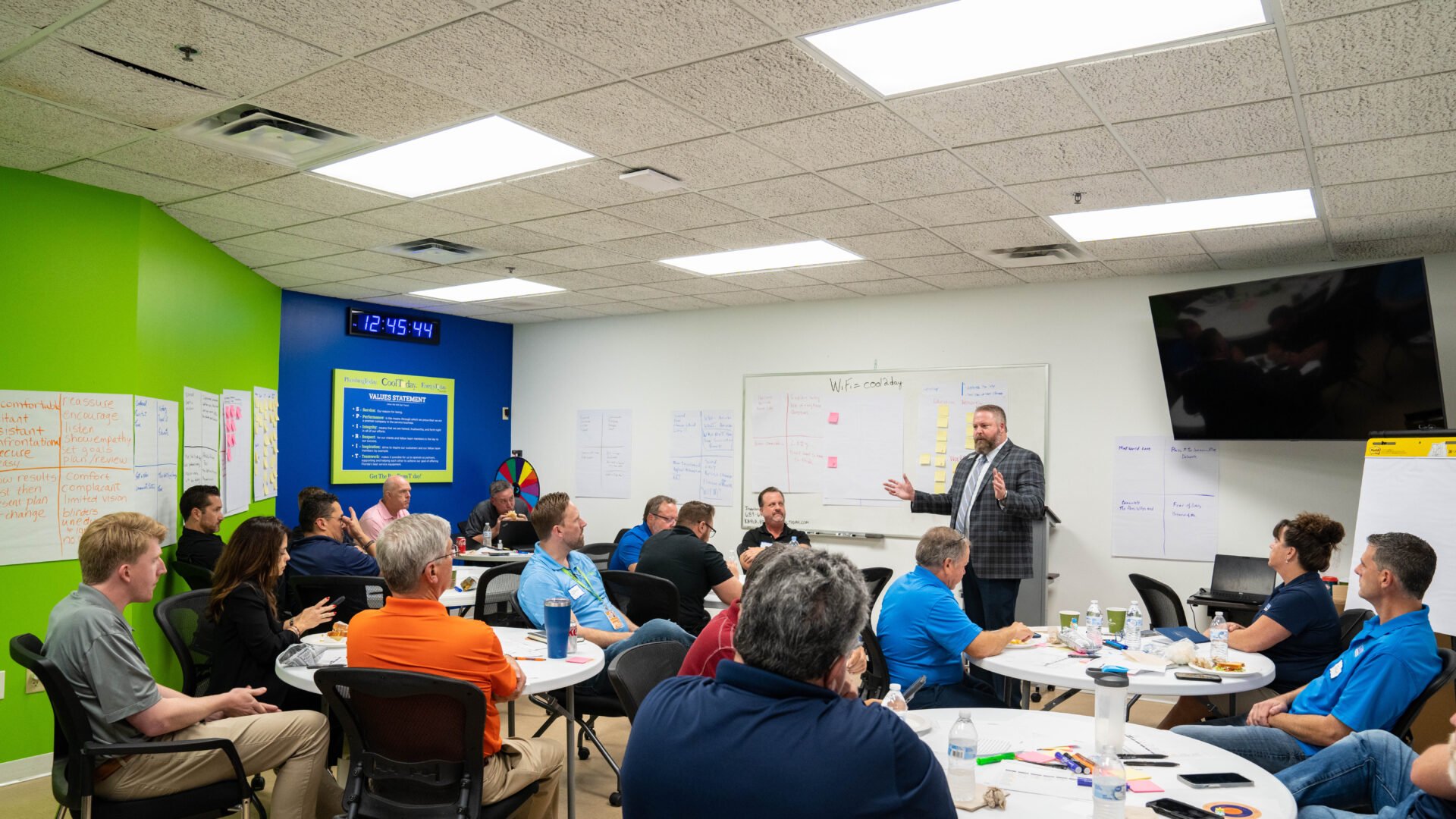How to Best Use Personality Tests to Build Your Team
Contractors frequently ask Nexstar Network coaches whether personality tests are useful for identifying the best candidates for a job. The answer is that personality tests may be useful for identifying great candidates, but only if you know when to administer the tests and how to interpret the results.
Recruiting and hiring the best candidates can be a challenge, but maximizing tools and strategies can bring ease to the process and help you build a successful team. You may already:
- Implement effective interviewing techniques
- Check references
- Allow candidates time to spend in the prospective department for a job preview
- Test candidates via practice exercises.
And personality testing is another tool you can use. But at what point during the hiring process should applicants be given a personality test?
Is it Time?
Timing is everything. If a personality test is part of the initial application, a few undesirable situations can be the result. For example:
You’ve just conducted a phone interview with a promising candidate, but then you quickly email them a link to a personality test, without explanation, prior to an in-person interview. This method has two potentially risky outcomes:
- The candidate may be nervous about taking a test and have someone take it for them.
- Without having met you, the hiring manager, beforehand, the candidate may not take the personality test at all.
To eliminate these risks, have the candidate take the test when they arrive for the in-person interview. When scheduling this interview with the candidate, set the stage by telling them to plan extra time to take the test. Take the opportunity to explain that the test is about getting to them better, and that it’s not pass/fail.
Characteristics to Help Hire Your Team
There are many personality tests to choose from, and if you’re already using one and you find it useful, keep using it. At Nexstar Network, our preference is a personality test model that measures five personality characteristics:
- Agreeableness: People who score high in agreeableness tend to be empathetic, which results in being highly cooperative. People who score low tend to be driven more by competition and therefore may be less empathetic towards others.
- Openness to Experience: People who score high in openness tend to be highly creative and intellectually curious. They like to try new things and learn new concepts. People who score low in openness tend to be more conventional and traditional.
- Stability: People who score high in stability tend to keep an even temperament when faced with changing or stressful circumstances. They also tend to be self-confident. People who score low in stability may lack self-confidence and may not handle stressful situations well.
- Extraversion: People who score high in extraversion tend to be highly sociable. People who score low on extraversion tend to be more introverted, preferring downtime to recharge.
- Conscientiousness: People who score high in conscientiousness tend to be detail-oriented, highly organized, and goal-oriented. People who score low tend to dislike structure and may procrastinate.
Understanding the Personality Test Results
Research shows that individuals with higher levels of stability and conscientiousness tend to have greater job success. Therefore, it makes sense to keep a close eye on these two traits. If a candidate scores low on stability or conscientiousness, ask them related questions. Keep in mind that if someone scores low on conscientiousness, it does not necessarily mean they aren’t going to do a good job. It’s just a data point for you to note.
The three other main traits offer useful information as well. For example, if hiring someone for customer service (a position that requires a high level of empathy and cooperation), pay attention to people with high scores in agreeableness. Conversely, someone who scores low on agreeableness might do well in sales, because they may be more competitive.
There is no right or wrong answer with these tests. They offer hiring managers a chance to get a quick snapshot of a candidate’s core motivations and traits, allowing a glimpse of how they might fit within a team, or within your company as a whole. Personality tests are low-stakes, since there is no way to fail them, and they can help you hire the technicians, call center representatives, and managers your company needs to grow.


